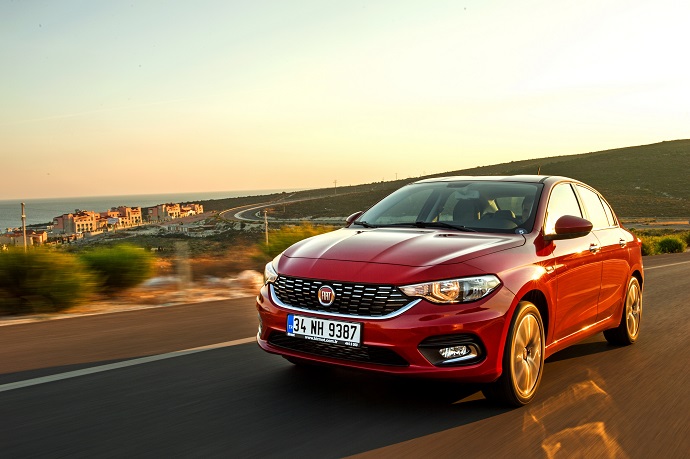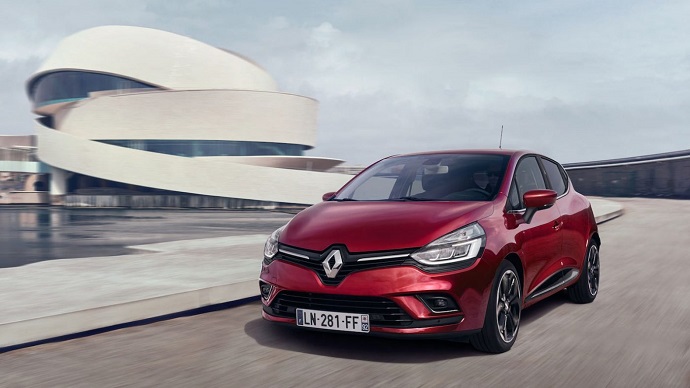Evaluation of Turkish automobile industry is the continuing part for our previous post the Importance of Automotive Industry in Turkey.
With its ups and downs in the national economy, there is a strong capital structure of the automotive industry in Turkey. Its foreign partnerships, the presence of a strong sub-industry, qualified workforce, geographical location, the ability to make flexible production, and the quality system are the sector’s strengths in terms of competition. Factors such as high production cost resulting from low capacity utilization rate, problems in foreign markets, the inadequacy of main-supplier industry relations, and the inability to create sufficient synergy are the sector’s weaknesses. According to its historical background and mostly searched areas, the following topics will be our subjects to make an evaluation of Turkish automobile industry.
-
Automobile Factories That Have Production in Turkey
-
Automobile Models Produced in Turkey
-
Production Capacities
-
Changing Price Rate
As discussed in our recent post, one of the first significant steps made for automobile manufacture in Turkey was opening the Jeep factory in Tuzla in 1954. Later, in 1966, the domestic automobile Anadol was manufactured, which earlier generations would never forget. The Turkish Automobile Factory was created in 1968, and the manufacture of the Murat 124 begins. Since then, the automobile industry has been vital to Turkey. It is currently one of Turkey’s three most important industries. However, it cannot be claimed as it stops growing; rather, it continues to expand a bit more each day. Fiat, Ford, Hyundai, Honda, Toyota, Renault, ISUZU are the main factories that have production in Turkey. Let’s have a closer look at these factories’ Automobile Models!
Automobile Models Produced in Turkey
-
FIAT Egea/ Doblo/ Fiorino/ Practico
- Toyota Corolla/ Verso/ CH-R
-
Renault Megane/ Clio
-
Honda Civic
-
Ford Transit
-
Hyundai i10/ i20
-
ISUZU D-Max
Production Capacities
Evaluating these factories may help us understand how effective these brands are in Turkey’s automobile industry. Toyota, for example, has a production capacity of 150,000 vehicles per year. OYAK Renault Automobile Factories is one of Renault’s production sites. It is founded in Bursa in 1969 and produces 360 thousand cars and 750 thousand engines each year. Honda Turkey Gebze Factory has an annual manufacturing capacity of 50,000 automobiles. And this factory employs 770 people and makes the Civic Sedan type. Besides, the total yearly production capacity of Anadolu Isuzu’s production facilities built on 300 thousand square meters is 19 thousand vehicles in a single shift.
Moreover, with its productions for Fiat, Tofaş is Turkey’s eighth-largest industrial enterprise. It has a production capacity of 450 thousand cars per year and nearly 7 thousand employees. The Hyundai facility, built on a total area of 1 million m² in theAlikahya location of Kocaeli province, has an annual production capacity of 215,000 vehicles. Additionally, Ford Otosan, which is at the bottom of the list, is the largest commercial vehicle manufacturing company in the Turkish automotive industry, with an installed production capacity of 455,000 units. Finally, Toyota started exporting in 2002 and exports approximately 85% of the vehicles it produces every year. OYAK Renault Automobile Factories has the greatest capacity outside of Western Europe.
Changing Price Rate
When it comes to the weaknesses regarding the sales process of these cars, there are some fluctuations. In Turkey, the devaluation of the Turkish lira had a significant influence on this sector in 2018 when changes in currency rates and inflation of more than 20%. Then in 2018, total output in the Turkish automobile sector fell 8.6 percent year on year to 1.55 million vehicles. When the pandemic’s influence and the regressions in 2019 arose, the production in the industry during the first four months of 2020 decreased by 28% to 352 thousand units.
TOBB organized a ‘Turkey Sectoral Economy Council’ meeting in 2019. According to this meeting, Mr. Cengiz Eroldu declares automobile prices rose by 12.2 percent in 2019. This is above the 11 percent average inflation rate. Turkish vehicle costs grew by 16 percent each year on average between 2013 and April 2020.
In conclusion, Turkey’s automotive sector, which is very effective in the economy, is quite developed in terms of production capacity and employment rates. Meanwhile, it has challenges in terms of price due to the depreciation of the Turkish lira. Yet, the pace of development of the automotive sector in Turkey does not slow down with the increasing sub-industry sectors and foreign investments.













